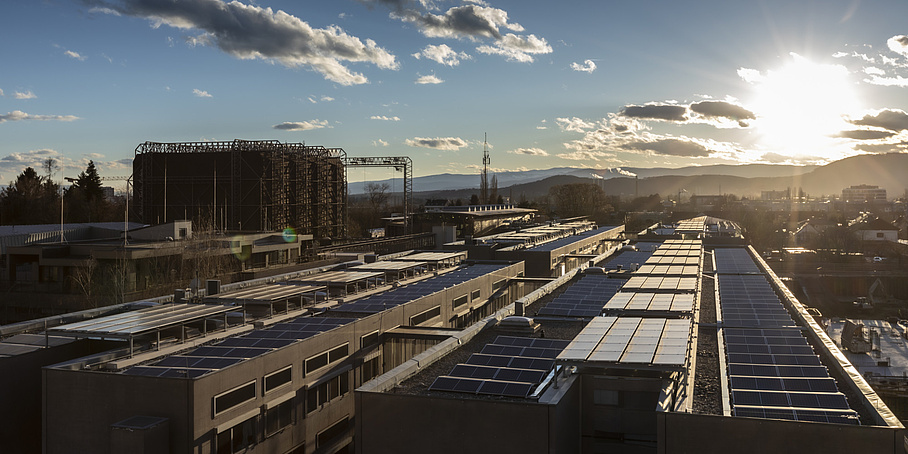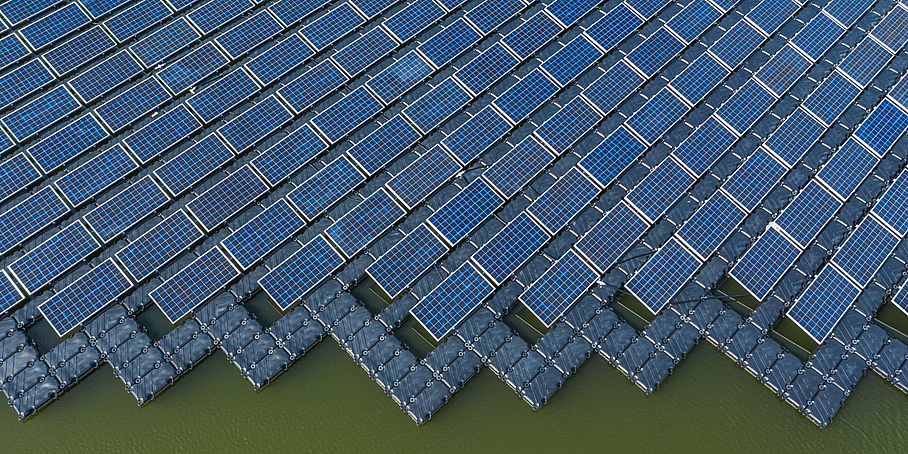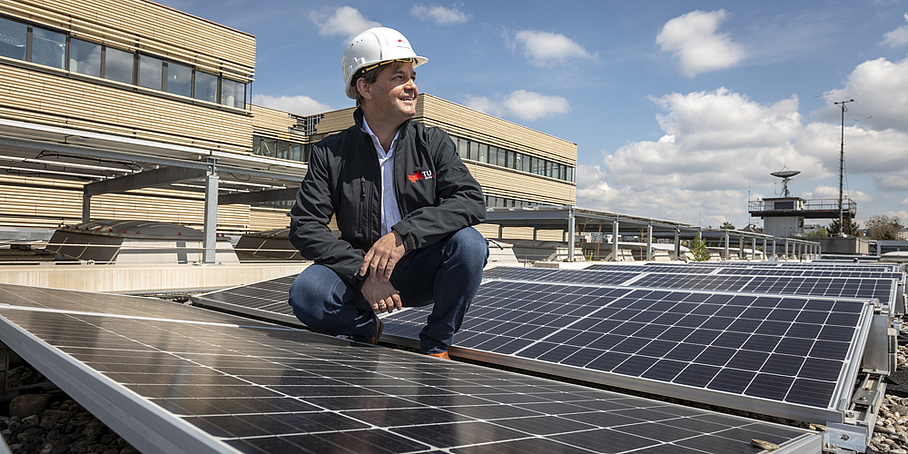Some love it, some moan under the heat it generates: the sun. Above all, however, it is an inexhaustible source of sustainable energy. However, we are not yet utilising this resource to the extent that we could. If the researchers at TU Graz have their way, this is set to change - in many different ways. They are researching, for example, how photovoltaics can be developed further, how much space is still available for installations, how we can use the sun to cool buildings, and how organic solar cells can be made to work longer.
The TU Graz dossiers take a comprehensive look at a research question and show the different approaches that researchers at TU Graz are taking to address it.
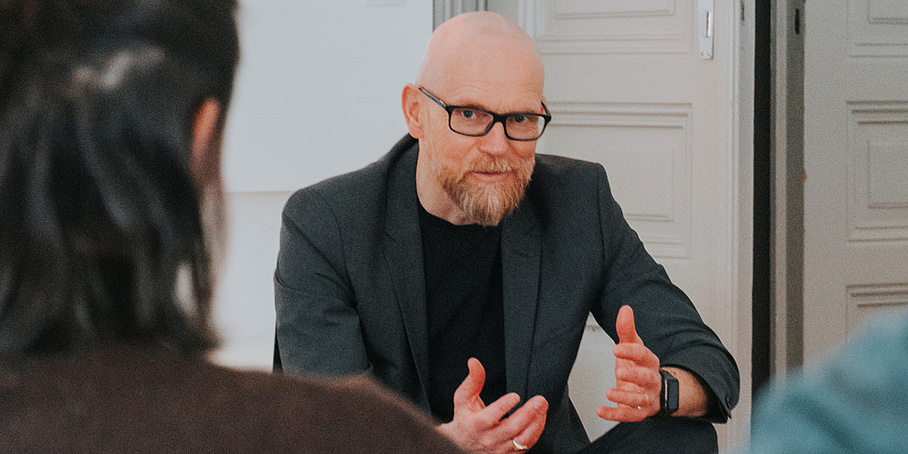
Using the Sun to Protect Yourself from the Heat
For us, utilising solar energy often means generating electricity using photovoltaics. Sophisticated architectural modifications, however, make much more possible.
The PV Potential in Austria is Huge
The expansion of PV in Austria is progressing. Sonja Wogrin and Alexander Konrad from the Institute of Electricity Economics and Energy Innovation at TU Graz explain how the grids need to be expanded for this and which storage systems make sense.
Tracking Down Alternative PV Areas
Where is the space to generate the legally required amount of photovoltaic electricity in Austria by 2030? A research project involving TU Graz has set out to find suitable areas in Styria.
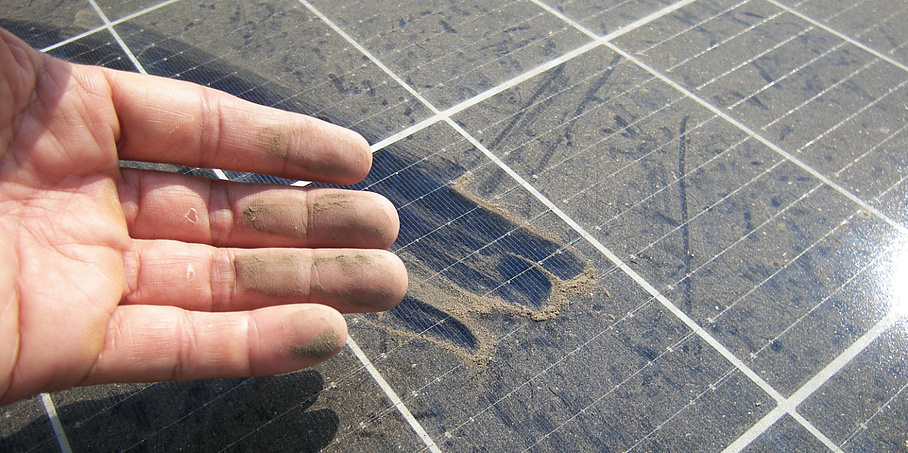
PV Soiling: The Dirt Has to Go!
Dust, pollen and bird droppings reduce the performance of solar modules, but automatic cleaning systems are expensive. Armin Buchroithner from the Institute of Electrical Measurement and Sensor Systems is working on a solution that promises both higher yield and cheaper cleaning.
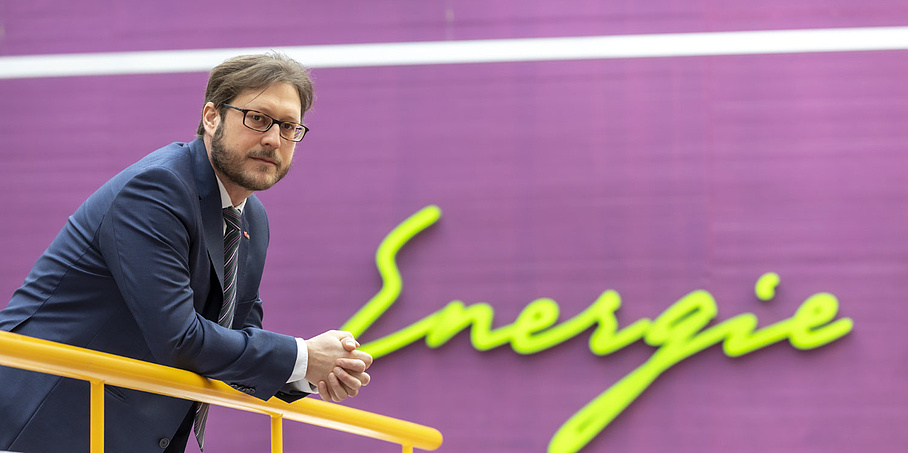
Store or Export?
In 2040, electricity production from solar installations will often significantly exceed demand, especially at midday. Robert Schürhuber from the Institute of Electrical Power Systems at TU Graz explains how grid stability can be guaranteed in the future without having to take PV systems off the grid.
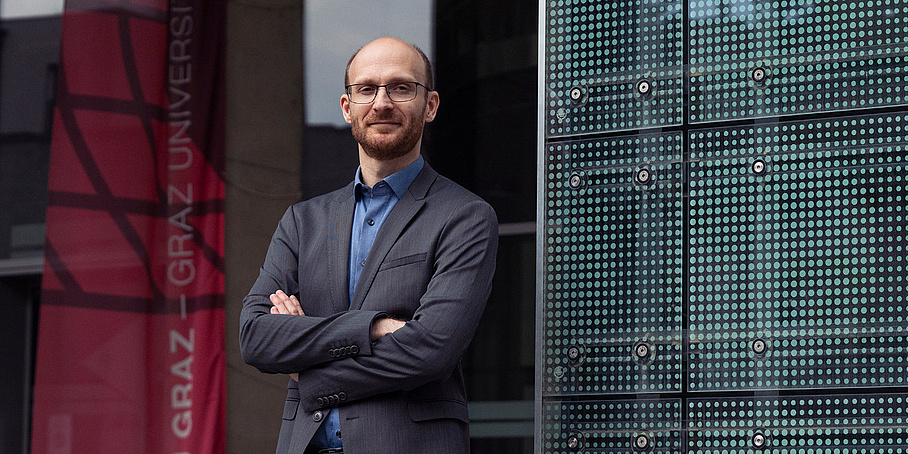
Thomas Rath wins “Zero Emissions Award”
The chemist works on the next generation of organic solar cells at the Institute of Chemical Technology of Materials at Graz University of Technology. The alpha+ Foundation of the Austrian Science Fund FWF is funding his pioneering research with 460,000 euros.
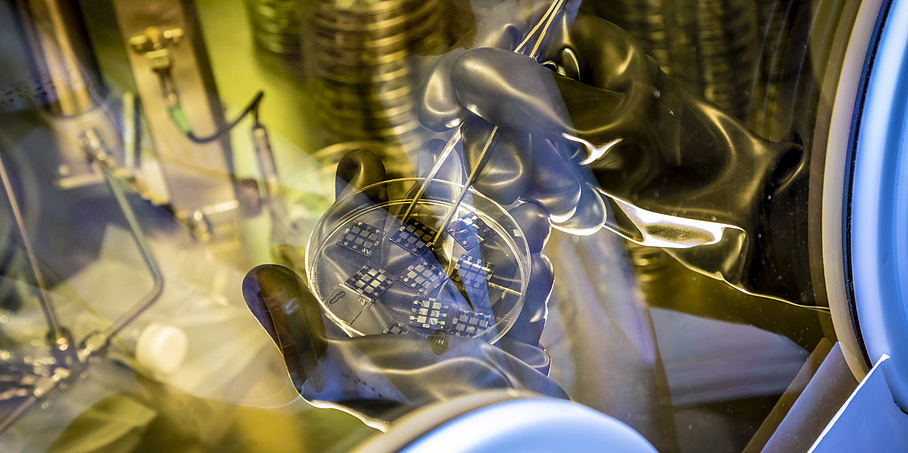
A Longer Life for Organic Solar Cells
Photovoltaic cells made of organic materials are light and flexible, which is why they are considered very promising. An international research network led by TU Graz is now aiming to increase the stability of the materials.
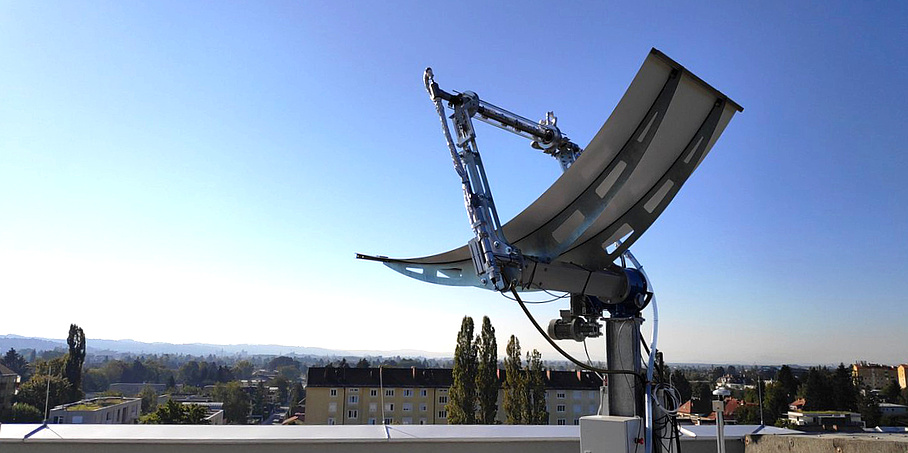
Parabolic Trough Solar Module Being Developed at TU Graz
Solar rays focused on concentrator photovoltaic cells using parabolic mirrors not only supply electricity, but also thermal energy for industrial processes, heating or cooling. Three technological innovations significantly reduce costs.
Solar Power for TU Graz
TU Graz wants to become a climate-neutral university by 2030. Photovoltaic systems on the roofs are helping to achieve this ambitious goal – and they are being continuously expanded.

Robbin Steentjes: Let the Sun Shine in!
TU Graz launched an energy-saving competition in autumn 2022. Robbin Steentjes won the main prize for his energy-saving proposal. In it, he appeals for a conscious use of the available shading options.
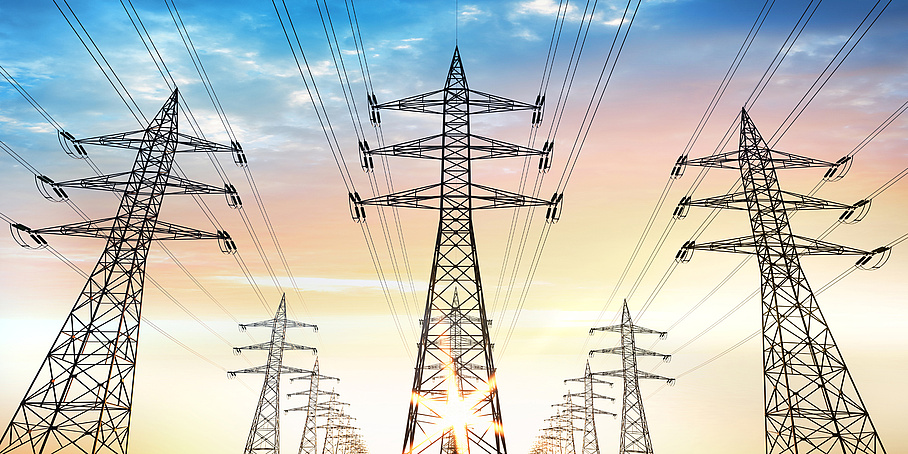
Research Center ENERGETIC
Urgent questions from the energy industry and energy analytics are the focus of the research centre ENERGETIC, whose opening on 14th April will be flanked by a deep dive workshop on Europe’s energy supply organised by the World Energy Council.
